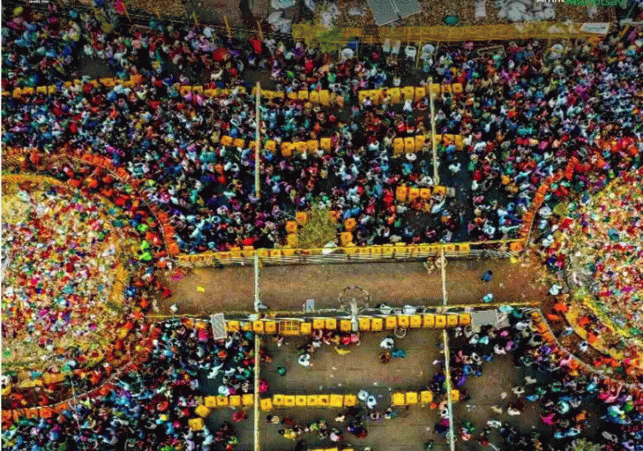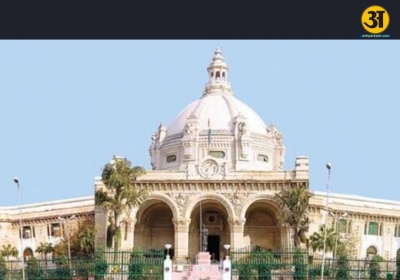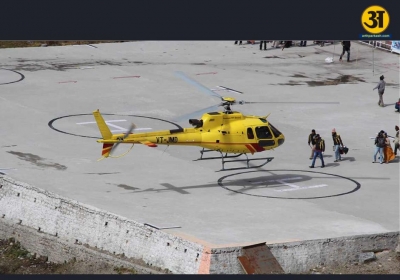
Telangana's Tribal Festival awaits national status
Telangana's grand Tribal Festival awaits national recognition
The Sammakka Saralamma Jatara, India's biggest biennial tribal festival held in Telangana, might receive the coveted "national festival" status if the Central government approves the state government's long-standing proposal. This grand event takes place in the tribal hamlet of Medaram, attracting over 10 million tribals from across India and earning its reputation as the "Kumbh Mela of the South."
Ever since Telangana became a separate state in 2014, the state government has been urging the Central government to grant Sammakka Saralamma Jatara the status of a national festival. The uniqueness of the festival, along with the massive congregation of tribal devotees from all corners of the country, has fueled this request.
Central Government's response and ongoing dialogue
While previous responses from the Central government regarding the national festival status had been inconclusive, this time, it has requested additional details about the fair, including arrangements and total expenditure. The state government is actively providing the requested information.
ALSO READ: Nipah virus outbreak returns to Kerala
If the Central government designates the Sammakka Saralamma Jatara as a national festival, similar to the Kumbh Mela and Durga Puja, it would bear the entire cost of organizing the festival. In the previous year, the state government incurred over ₹75 crore in expenses, while the Central government contributed only ₹7 crore for certain infrastructure improvements.
Lobbying for UNESCO recognition
Additionally, the state government is advocating for UNESCO recognition of the Sammakka Saralamma Jatara. Such recognition would elevate the festival's status on the global tourism map and generate significant employment opportunities for locals.
The Sammakka Saralamma Jatara is a grand celebration that honors two tribal women, Sammakka and her daughter Saralamma, from the 13th century. These women are revered as deities and symbolize the spirit of resistance against the powerful emperors of the Kakatiya dynasty who sought to suppress their tribal way of life.
ALSO READ: Army unveils innovative multi-utility legged equipment for versatile applications
During the festival, millions of tribal devotees from various Indian states come to worship and offer tributes to these deities. The Sammakka Saralamma Jatara is characterized by unique rituals and traditions, and it holds immense cultural and religious significance for the tribal communities.





